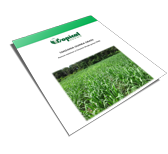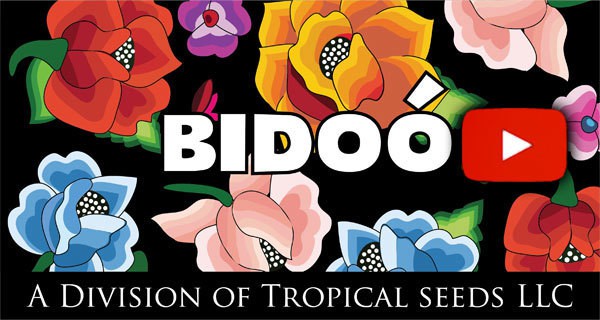-
International
With a presence in Asia, Africa, Australia and the Pacific, the Caribbean, and the United States; working with both small farmers and large enterprises we are never too far from your needs. -
-
TROPICAL SEEDS, LLC
2175 NW 24TH AVE.
MIAMI, FLORIDA 33142-7279
USA
Phone: +1 954 7536301
-
TANZANIA GUINEA GRASS
Panicum maximum cv. Tanzania (Purple guinea TD58)
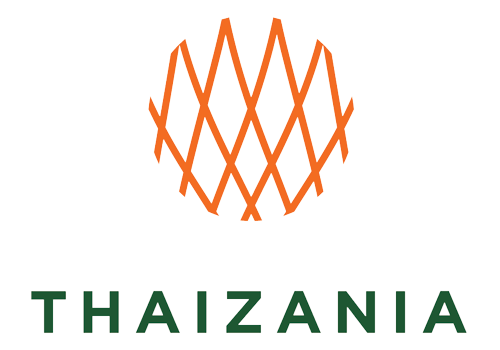
Thaizania grass distinguishes from Tanzania produced in other countries by its high purity, not only in terms of seed but in terms of varietal purity, 100% Tanzania seed. High germination is also due to its artesanal production in Thailand, hand picked by skilled farmers, mainly women.Scientific name: Panicum maximum cv.Tanzania (Purple, TD58)
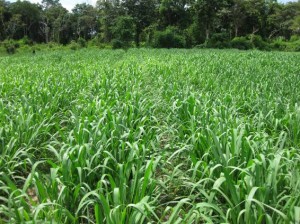
Productivity: Tanzania is a tall grass, 1.5-2.5m high, which is very suitable for cut-and-carry. In South America it is grazed, but inThailand is mainly used for cut-and-carry forage. It is the main grass for fresh grass sales inThailand. It is a very productive leafy grass, producing between 12 and 30 t/ha dry matter per year.
Crude protein levels: Tanzania grass, 8-12% crude protein in Thailand on poor soils and 12-16 % crude protein on better soils.
Animal production: In South America, liveweight gains of 720 g/hd/day during the wet and 240 g in the dry season.
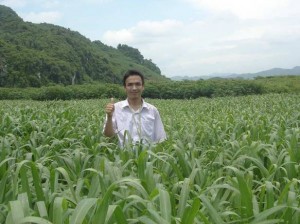
Grazing management: Tanzania grass. Can be either rotationally grazed or set stocked. Management depends on the farmer’s experience. All farmers in Thailand prefer cut-and-carry. Therefore cut every 40-45 days in the wet season and 60-70 days in the cool season.
Establishment: Tanzania grass. Can be either planted in rows, 50 cm apart, or broadcast sown at 6-8 kg/ha. Sow the seed on to the soil surface, brush the seed with soil by using tree branches or large brooms. Bury the seed no more than 1-2 cm under the soil. It is easy to plant from rooted tillers. It needs well drained, good fertility soils to grow well.
Background: It was introduced into Thailand from the Ivory Coast in the late 1980s. It was immediately accepted by Thailand farmers, because it was far more productive than common guinea grass and it produced very high yields of good quality forage. It was also easy to produce seed and so seed was readily available.
-
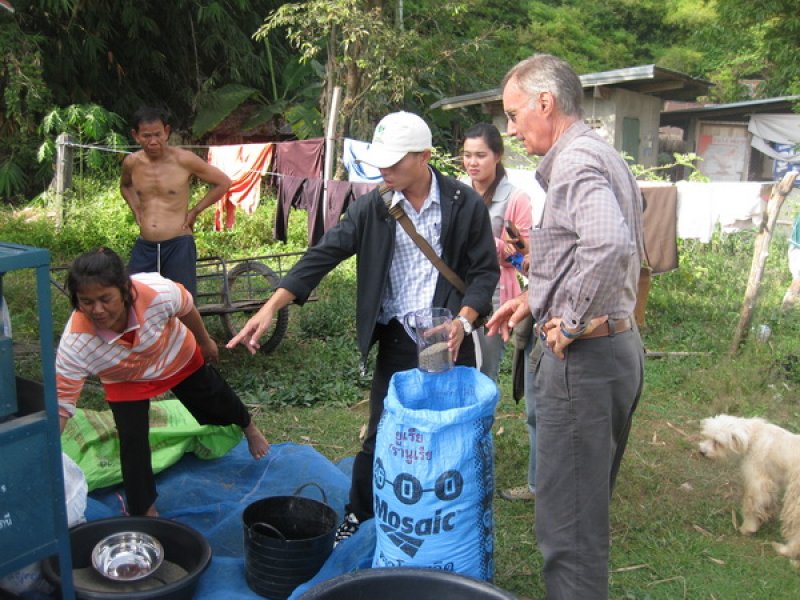
Checking Tanzania seed quality
-
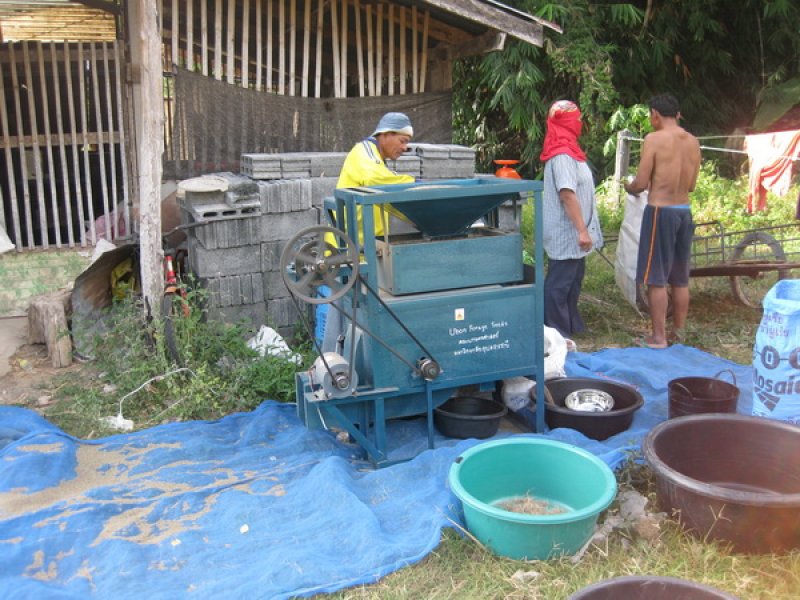
Cleaning Tanzania seed
-
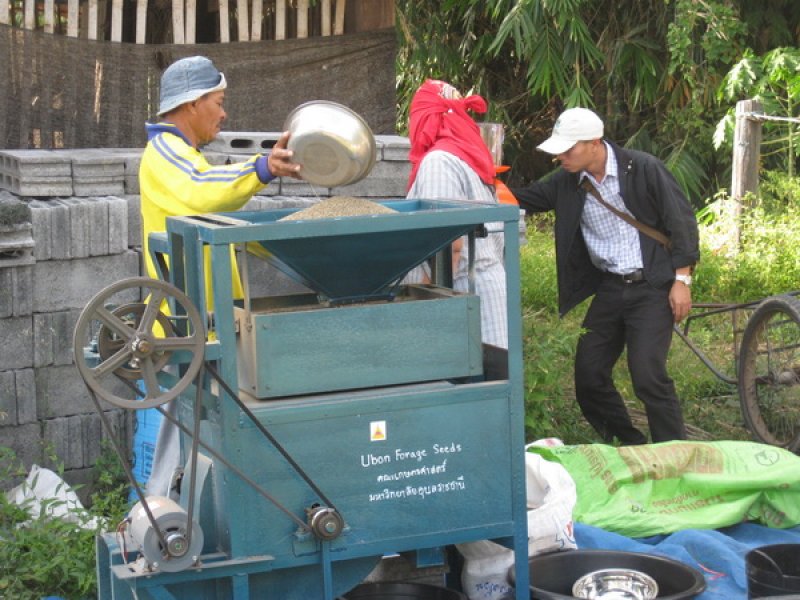
Cleaning Tanzania seed in village
-
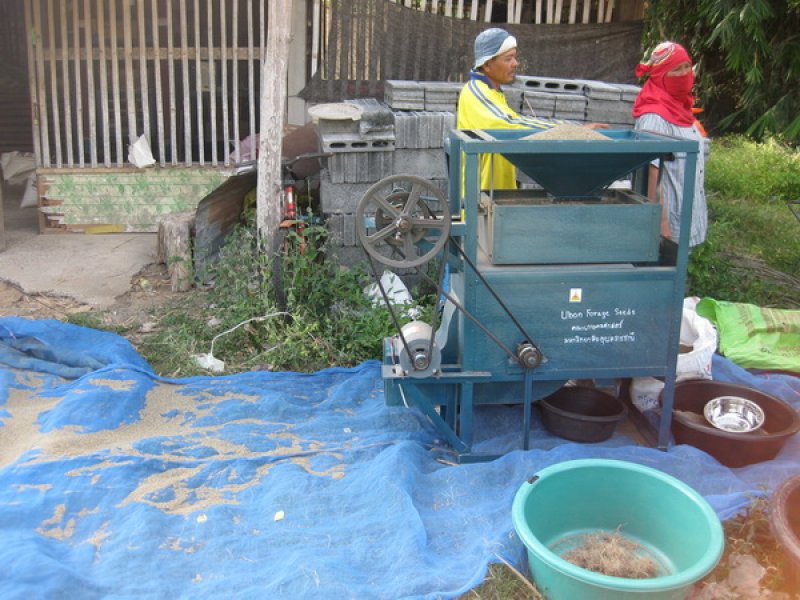
Cleaning Tanzania seed in village 2
-
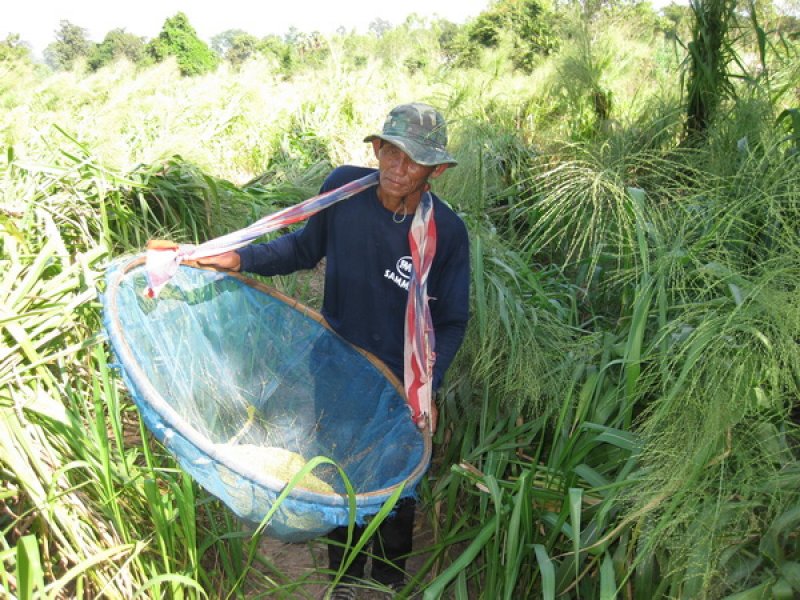
Harvesting Tanzania
-
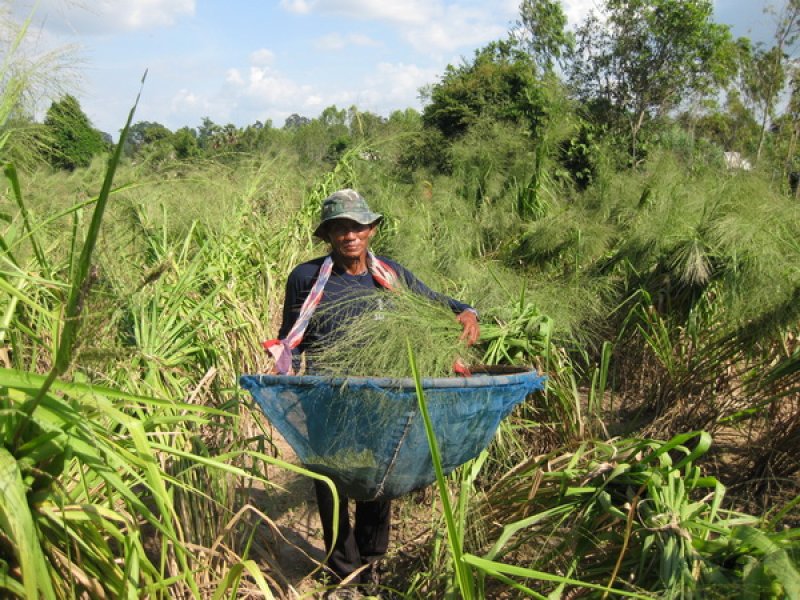
Harvesting Tanzania 2
-
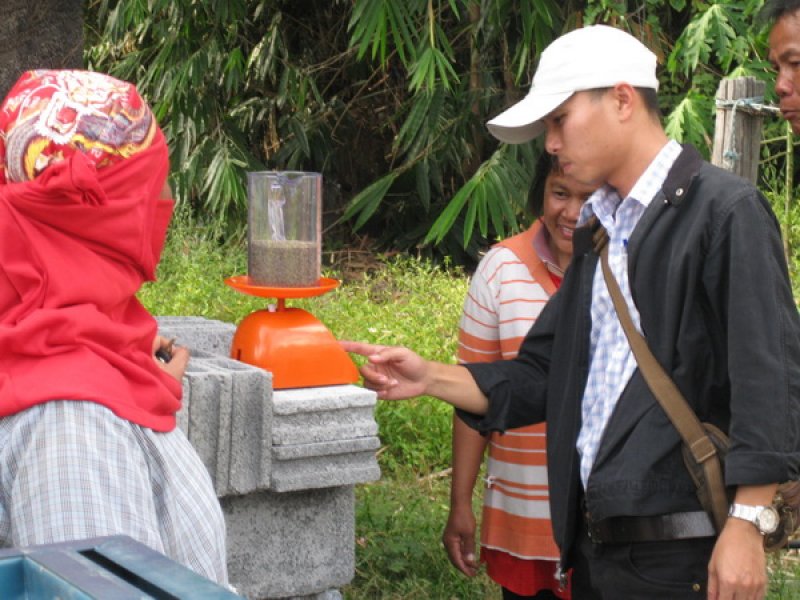
Inspecting Tanzania seed quality
-
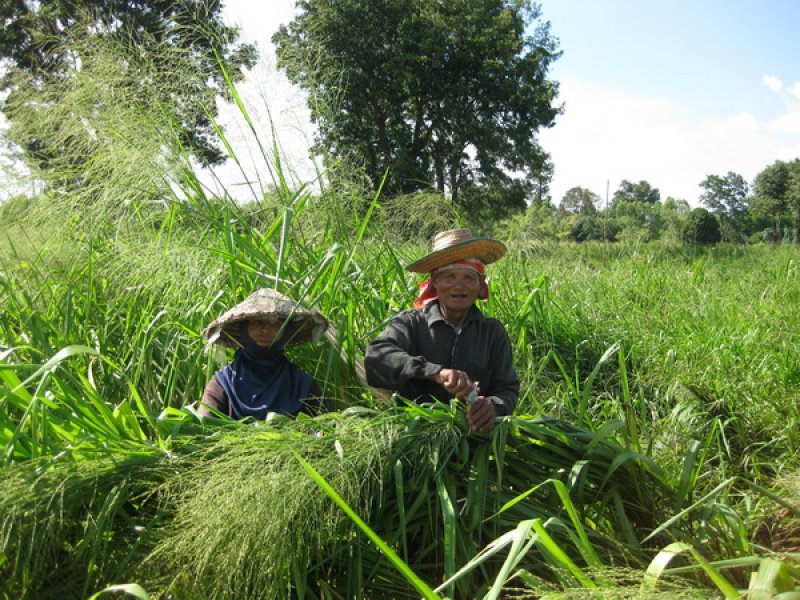
Tanzania tying seed heads
-
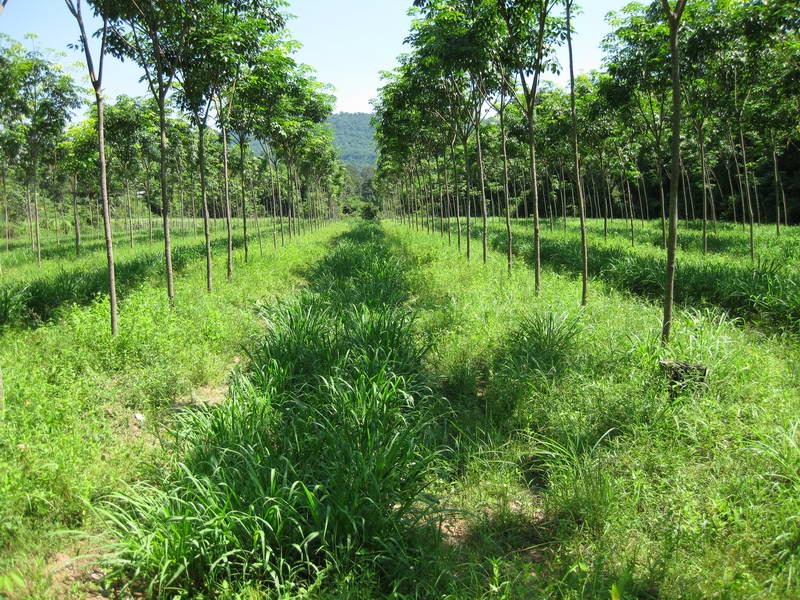
Mukdahan Baan nong - Purple guinea and rubber
-
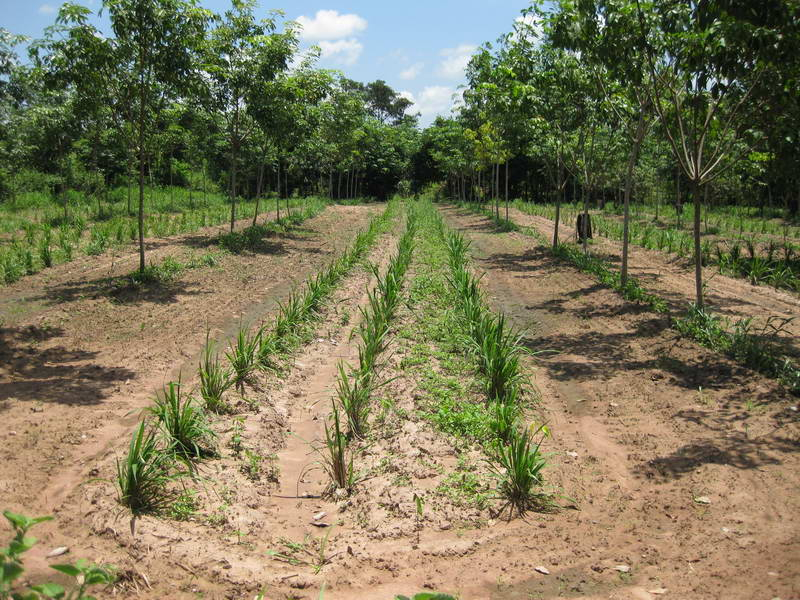
Mukdahan Baan nong - Purple guinea under rubber
-
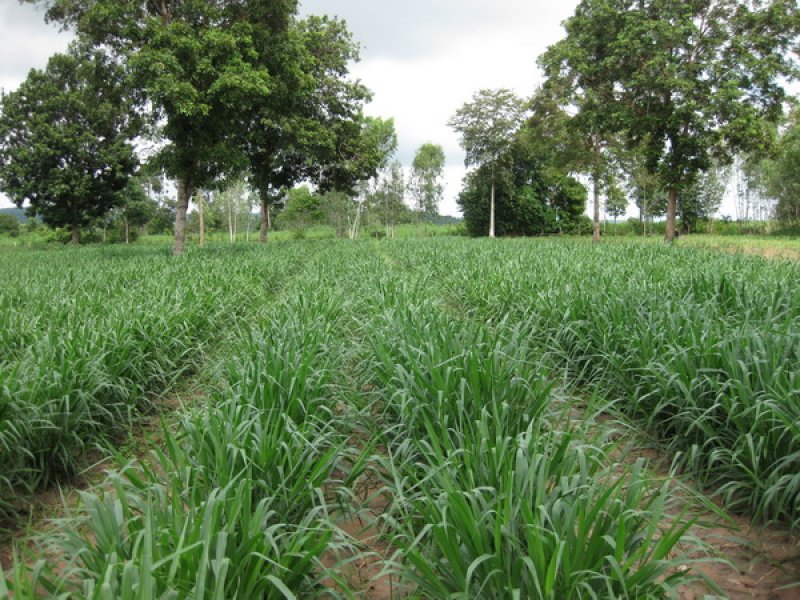
Tanzania Mukdahan
-
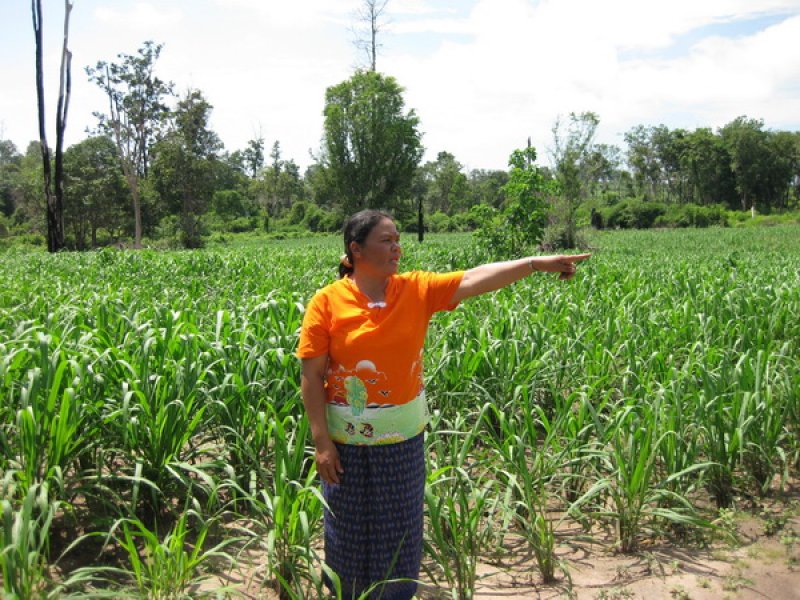
Tanzania Mukdahan 2
-
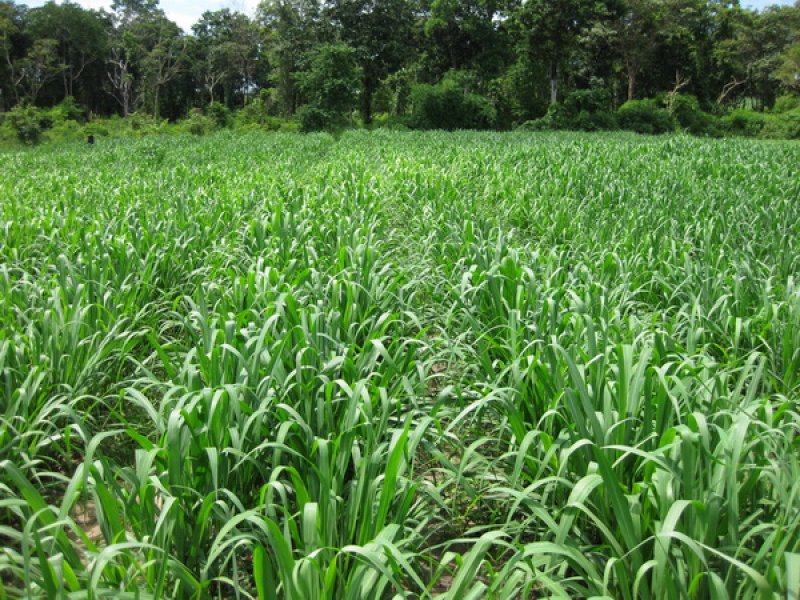
Tanzania Mukdahan 3
-
-
TROPICAL SEEDS, LLC
2175 NW 24TH AVE.
MIAMI, FLORIDA 33142-7279
USA
Phone: +1 954 7536301

